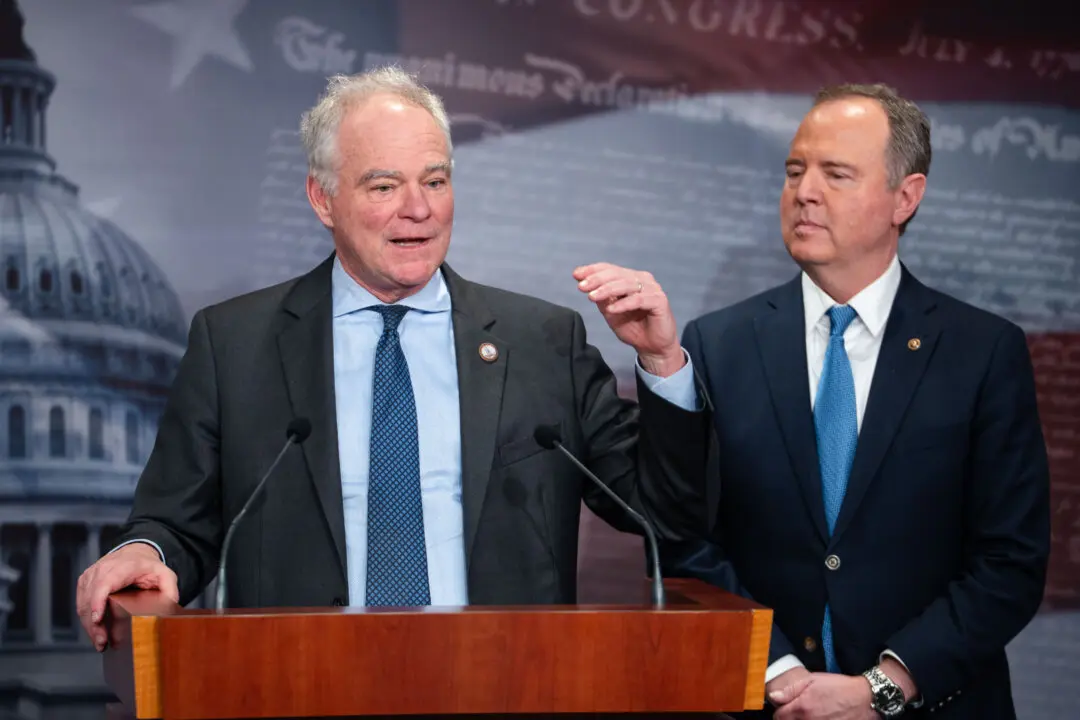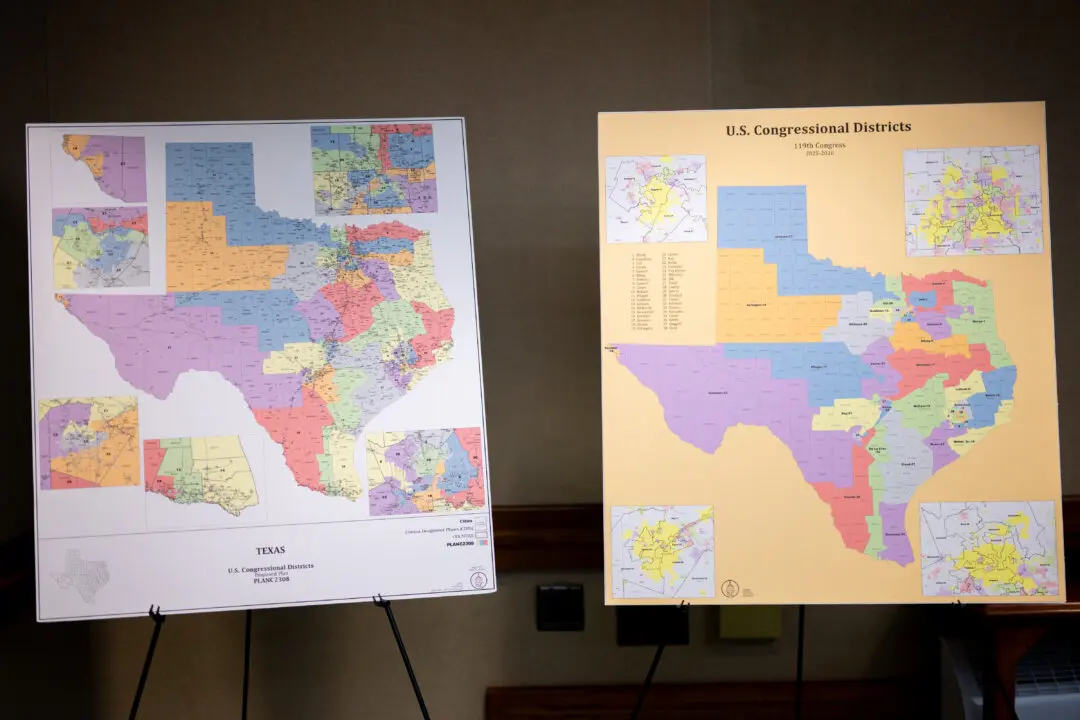A former Department of Transportation general counsel under Donald Trump questioned the Environmental Protection Agency’s (EPA) absence from a House hearing on the agency’s expansive new tailpipe emissions standards.
“I would expect they probably briefed the press about the rule when they published it so that they could get favorable stories in the press, so I think they can brief Congress,” said Steve Bradbury, now a distinguished fellow at The Heritage Foundation.





